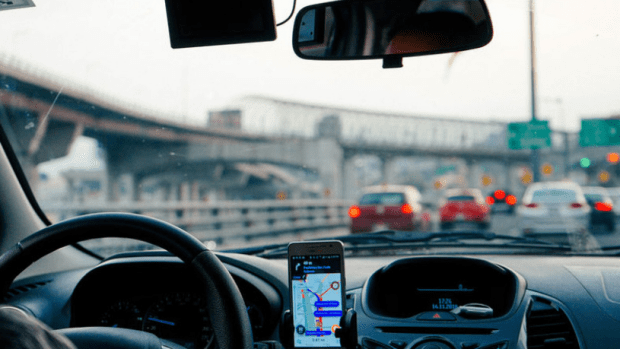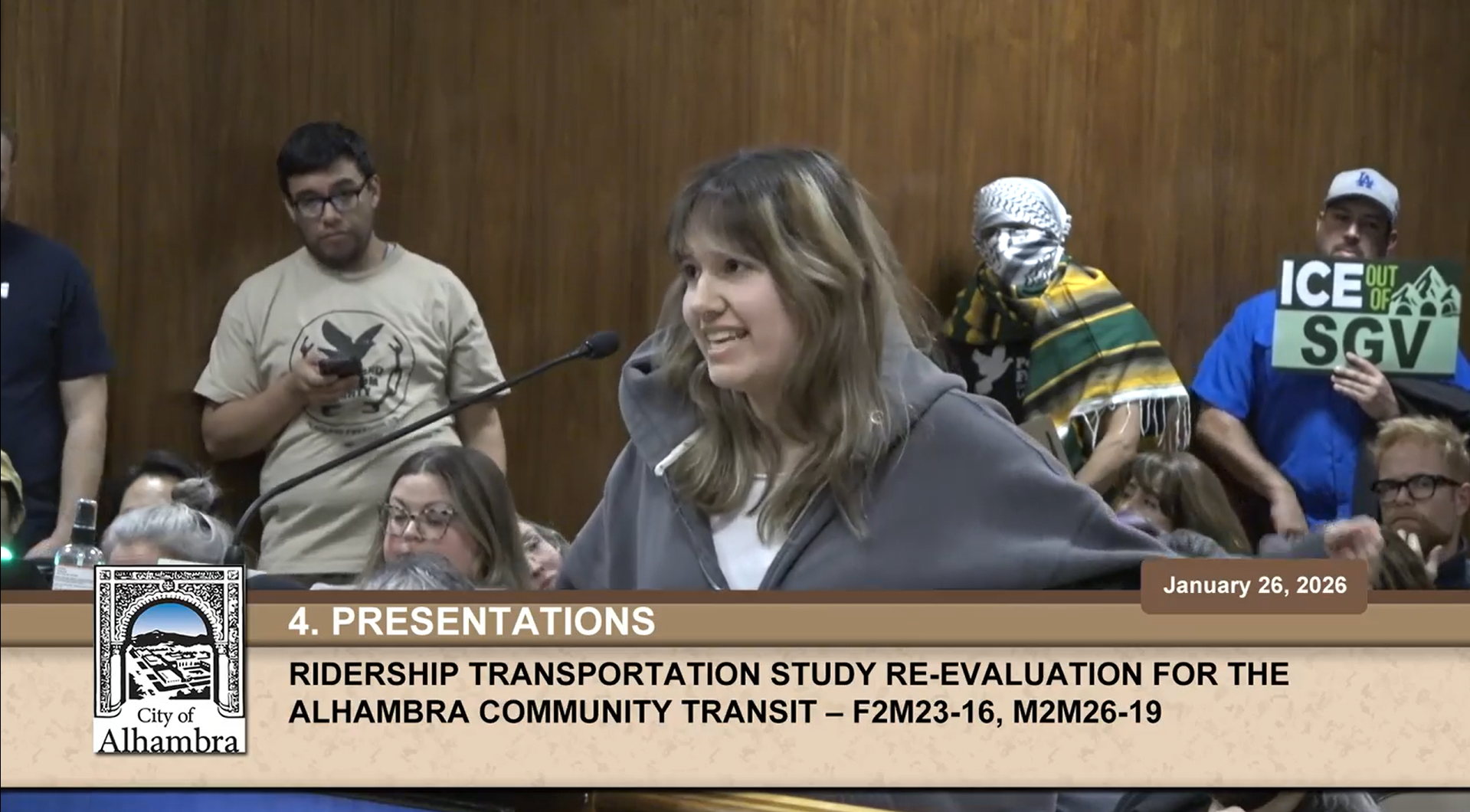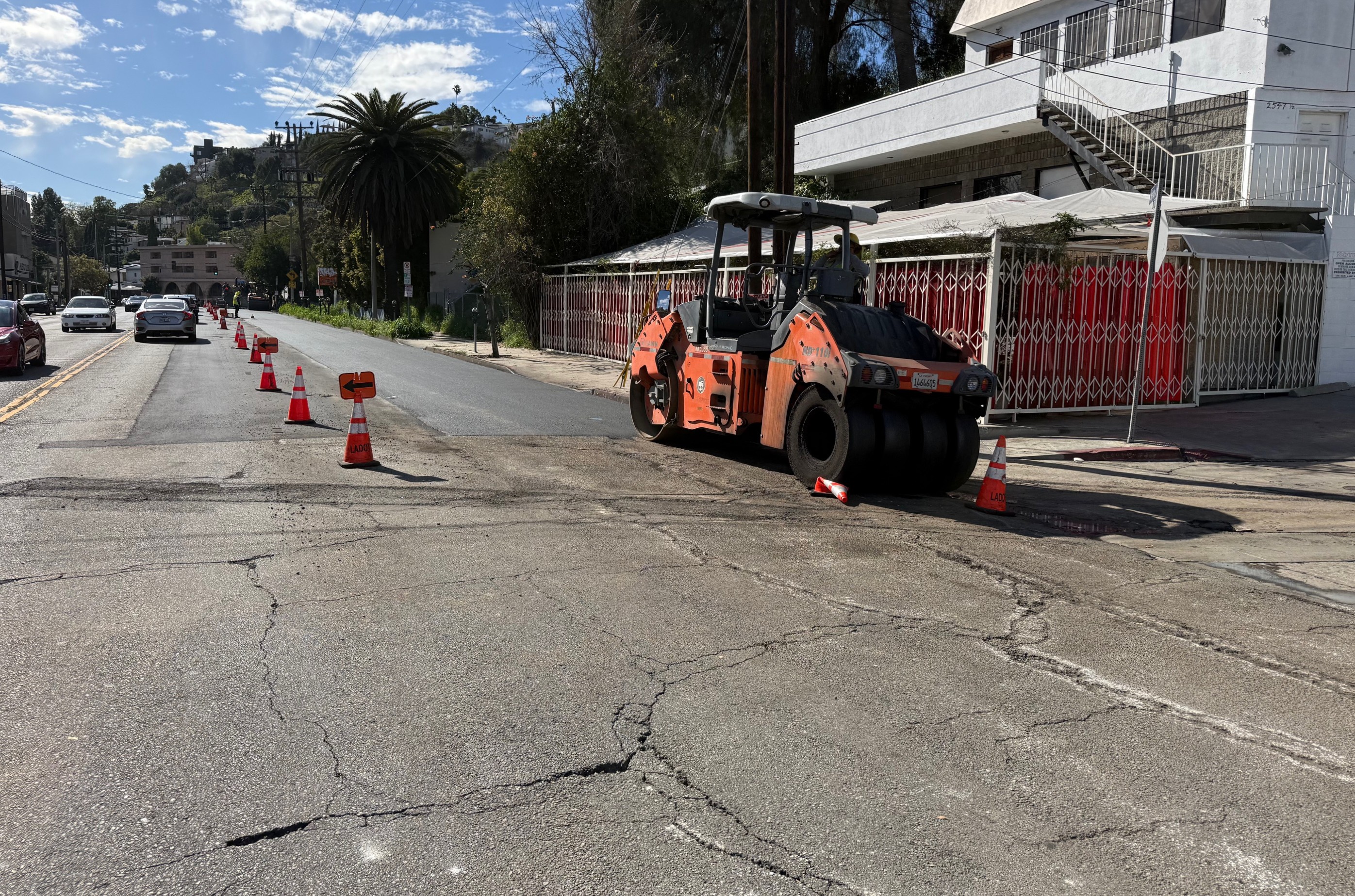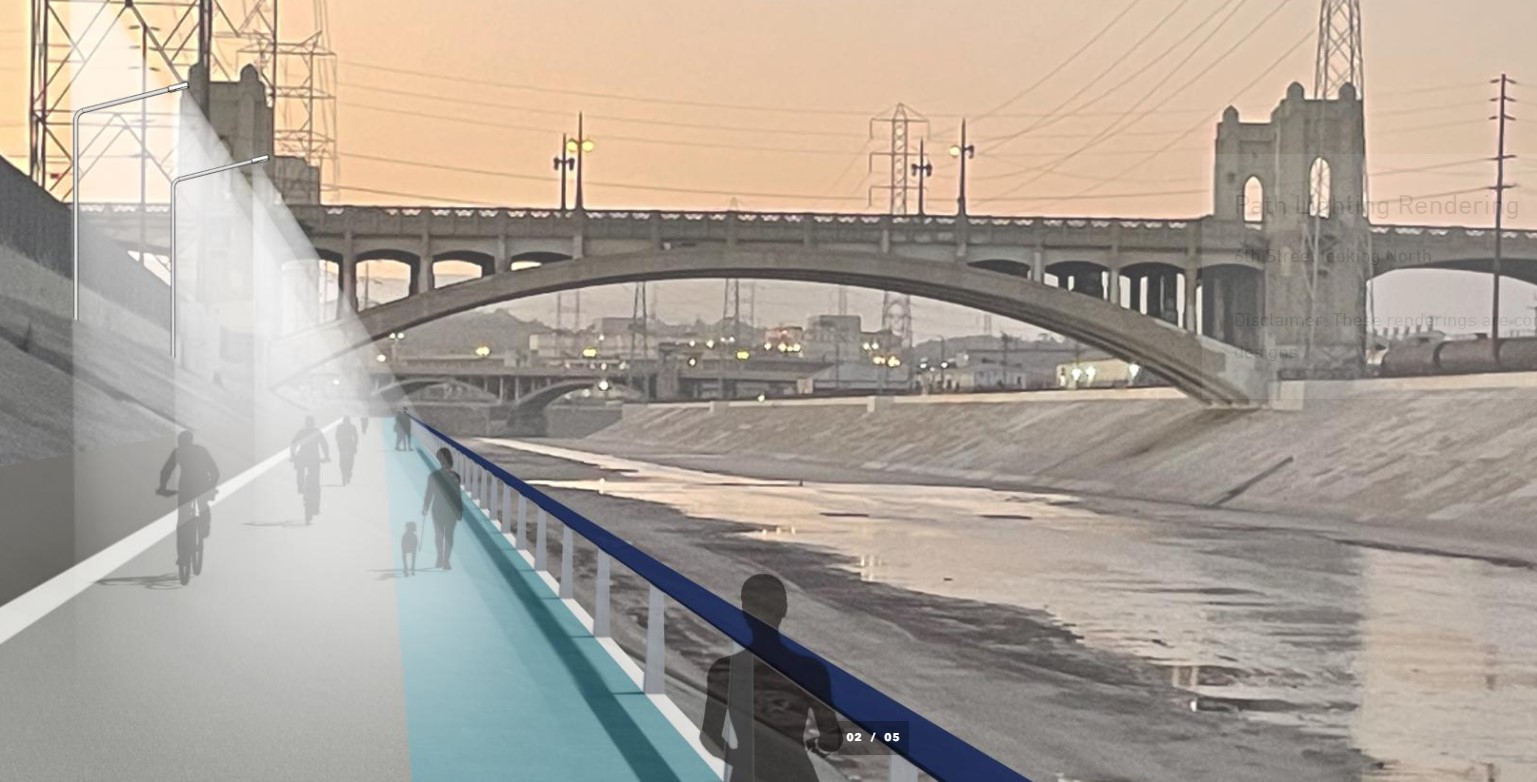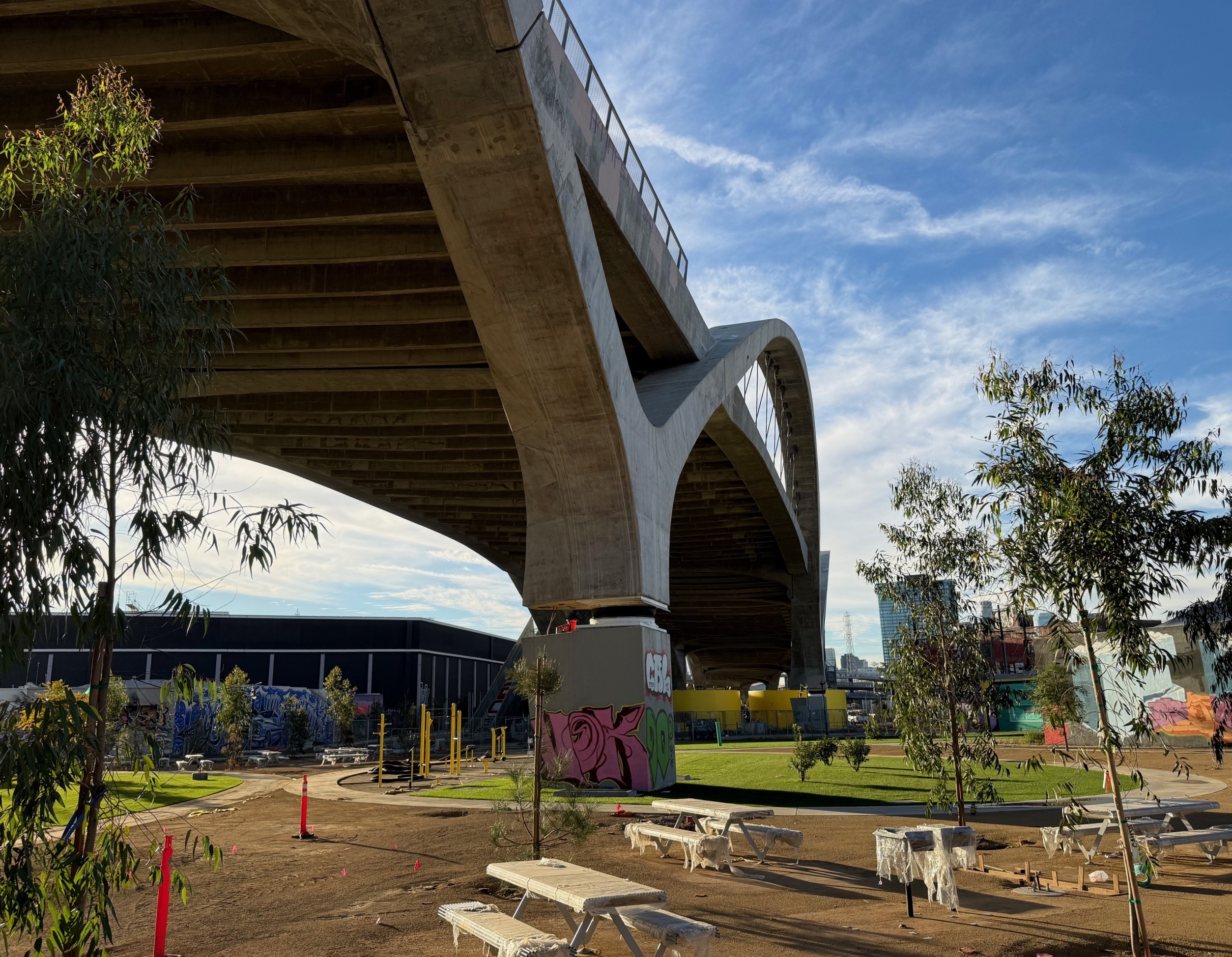A controversial California law that allowed e-taxi companies to deny their workers basic employment protections has been declared unconstitutional by a state judge — a ruling that could undermine copycat bills and referenda across the country.
On Friday, California's infamous Proposition 22 was deemed "unconstitutional" and "unenforceable" by a superior court judge, reversing a regressive policy that exempted tech giants like Uber, Lyft and Door Dash from key labor protections won under Assembly Bill 5 and allowed them to treat their drivers as independent contractors. The ride-hailing and delivery app industries spent a whopping $200 million to pass Prop. 22, widely considered to the most expensive ballot measure in U.S. history (or "corporate manipulation at its worst" in the words of at least one advocate), last November. After it passed, a series of copycat efforts made their way onto ballots or into the statehouses in Illinois, Massachusetts, New Jersey, New York, and other states.
The Golden State bill left more than half a million Californians unable to enjoy many of the benefits afforded to W-2 employees, give or take a handful of deeply insufficient subsidies — a move which, once again, left it up to other taxpayers to foot the bill when gig drivers needed to access unemployment protections during the pandemic. That especially didn't sit well with street safety advocates, who were loathe to further subsidize a mode that makes U.S. streets more congested, polluted, dangerous, transit-poor, and worse.
Prop. 22 will remain in effect until the appeals process has been exhausted, but advocates like Shona Clarkson of Gig Workers Rising are already telling journalists they expect the case to go to the U.S. Supreme Court. But the SCOTUS is likely to be far more conservative, and far less pro-labor than an Alameda County Superior Court judge — but either way, if it makes its way to the justices in Washington, Prop. 22 will either become a model for corporate expansion of gig work, or a guide for how to block it.
Proposition 22's probable defeat wasn't precisely won on labor-boosting grounds. Judge Frank Roesch largely based his ruling on an obscure section of the measure which would have required both the state Assembly and Senate to achieve a 7/8 vote in order to amend the initiative in any way, a "super, super, super-duper majority" that California law professors like Mary-Beth Moylan said is unprecedented. Roesch ruled that such a measure illegally infringes on future legislatures' abilities to give workers access to crucial benefits like state workers' compensation programs.
Prop 22 getting repealed because they successfully snuck in the 7/8ths repeal clause is an incredible moment of hubris: https://t.co/woRc1p3MhF
— patrick (@redford) August 21, 2021
But Judge Roesch did call out e-taxi providers themselves, noting that the law they championed "appears only to protect the economic interest of the network companies in having a divided, un-unionized workforce, which is not a stated goal of the legislation," and adding that it does not "protect work flexibility, nor does it provide minimum workplace safety and pay standards for those workers."
That scathing assessment smashed proponents' claims that gig workers favor the law because it offers them control over their own schedules, despite how it strips them of both benefits and pay.
On paper, Prop. 22 does guarantee gig workers an inflation-adjusted 120 percent of the minimum wage plus 30 cents per mile, in contrast to the zero dollars in guaranteed income they received per hour before. But the fine print excludes them from receiving those slightly-more-than-minimum wages until they actually accept a fare — and because the average driver spends about 48 percent of her shift "disengaged," or circling the city waiting for customers and congesting city streets, reachers estimate that she could earn as little as $5.64 an hour, especially after the costs of wear and tear on her personal vehicle. (California's minimum wage is currently $14 an hour.)
The law also offers healthcare subsidies to workers who log an average of 25 "engaged" hours per week, but they're given in lieu of actual healthcare — and many of those subsidies go unclaimed, in part because wages are so low that many drivers can't afford to pay for the difference between the 82 percent employer subsidy and the cost of a marketplace plan.
Many of Prop. 22's would-be imitators haven't gone quite that far in their own anti-worker legislative proposals, but they're not much better.
New York's so-far-unnamed "gig economy" bill, for instance, would require tech companies to pay into unemployment and worker’s compensation funds for their drivers, but it would undercut those wins with a gaggle of other wage- and benefit-slashing policies that the executive director of New York Taxi Workers Alliances said "relegates drivers and deliveristas to second-class status on every level — from wages, safety nets to bargaining and unionization."
Lobbyists in Massachusetts, meanwhile, are mobilizing in support of a November 2022 ballot measure that would give drivers 120 percent of the Massachusetts minimum wage, projected to be $18 an hour by 2023, in addition to a base rate of $0.26 cents per engaged mile. But advocates widely expect hours spent "deadheading" to be excluded from those wages as well, which would essentially halve drivers' earnings while potentially stripping them of other benefits as well.
Alright Party Walsh, let's get some anti Prop 22 laws on the books then. https://t.co/zDyMJgpE4t
— lindy ruff disliker (@lobster_dog) April 30, 2021
For now, the fate of Prop. 22 and its brethren are still up to state courts and state voters — but some advocates think hat may change.
In May, President Biden's Department of Labor rescinded a proposed Trump era rule that would have set new, looser standards for which employees could be classified as contractors under the Fair Labor Standards Act, and key Labor officials have repeatedly implied that they believe fewer workers should be grouped under the category.
With both Senate and Congress closely divided — and his own Vice President awkwardly entangled with at least one California Uber exec — Biden won't likely rein in app-taxis beyond the limited powers afforded to the Cabinet. But if the fight over Prop 22 goes all the way to the High Court, it will be a pivotal moment for the mode's future nationwide.
